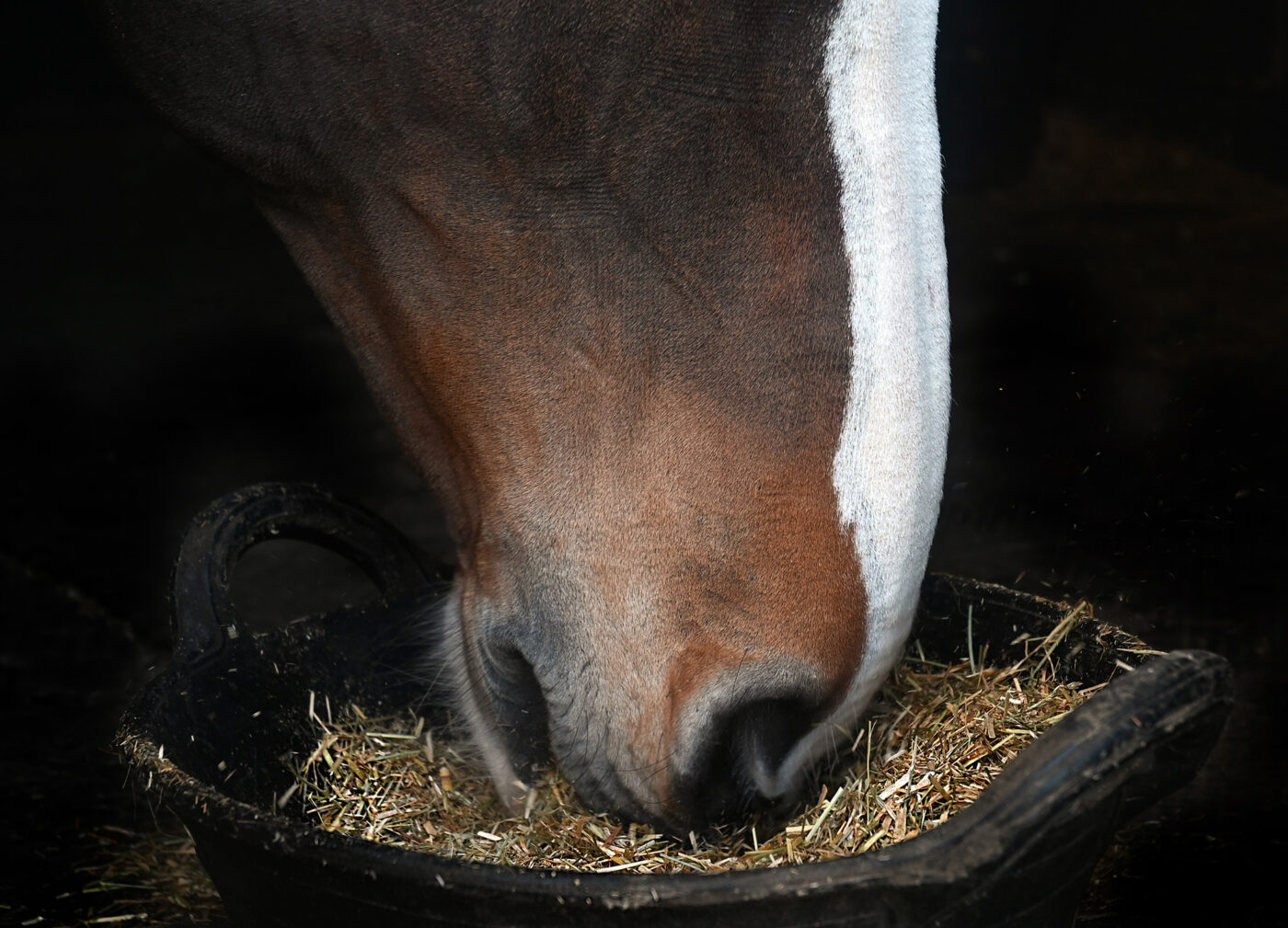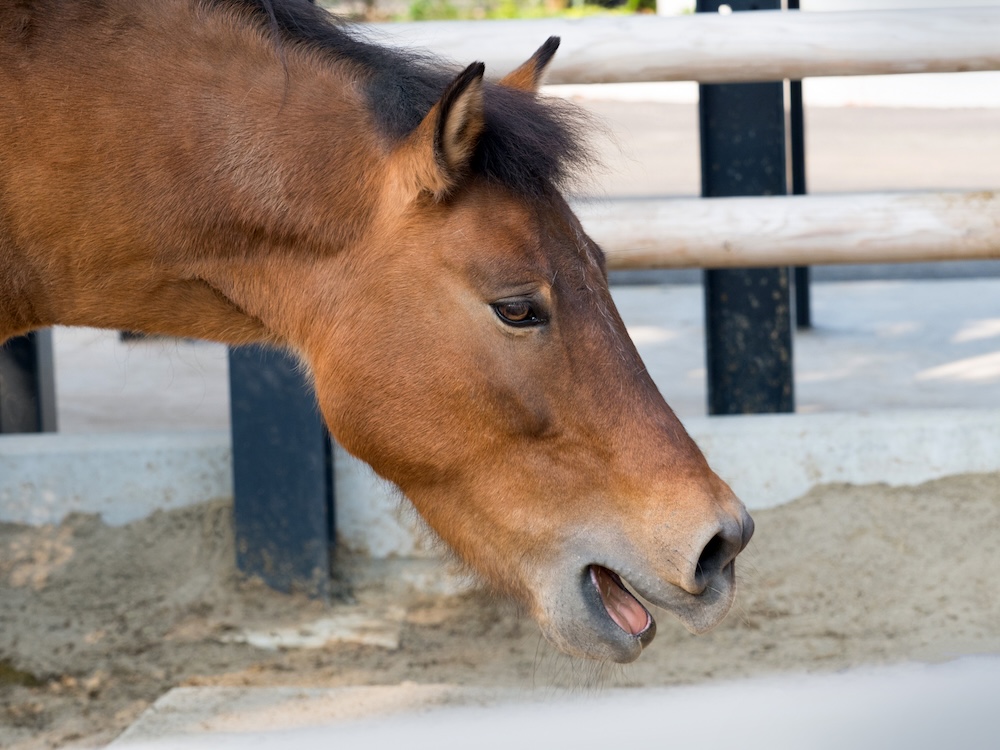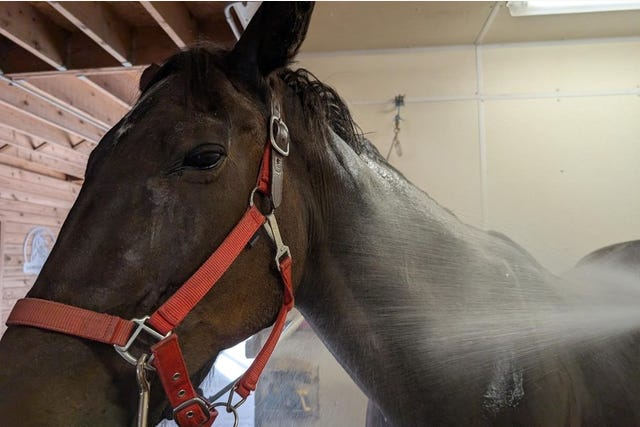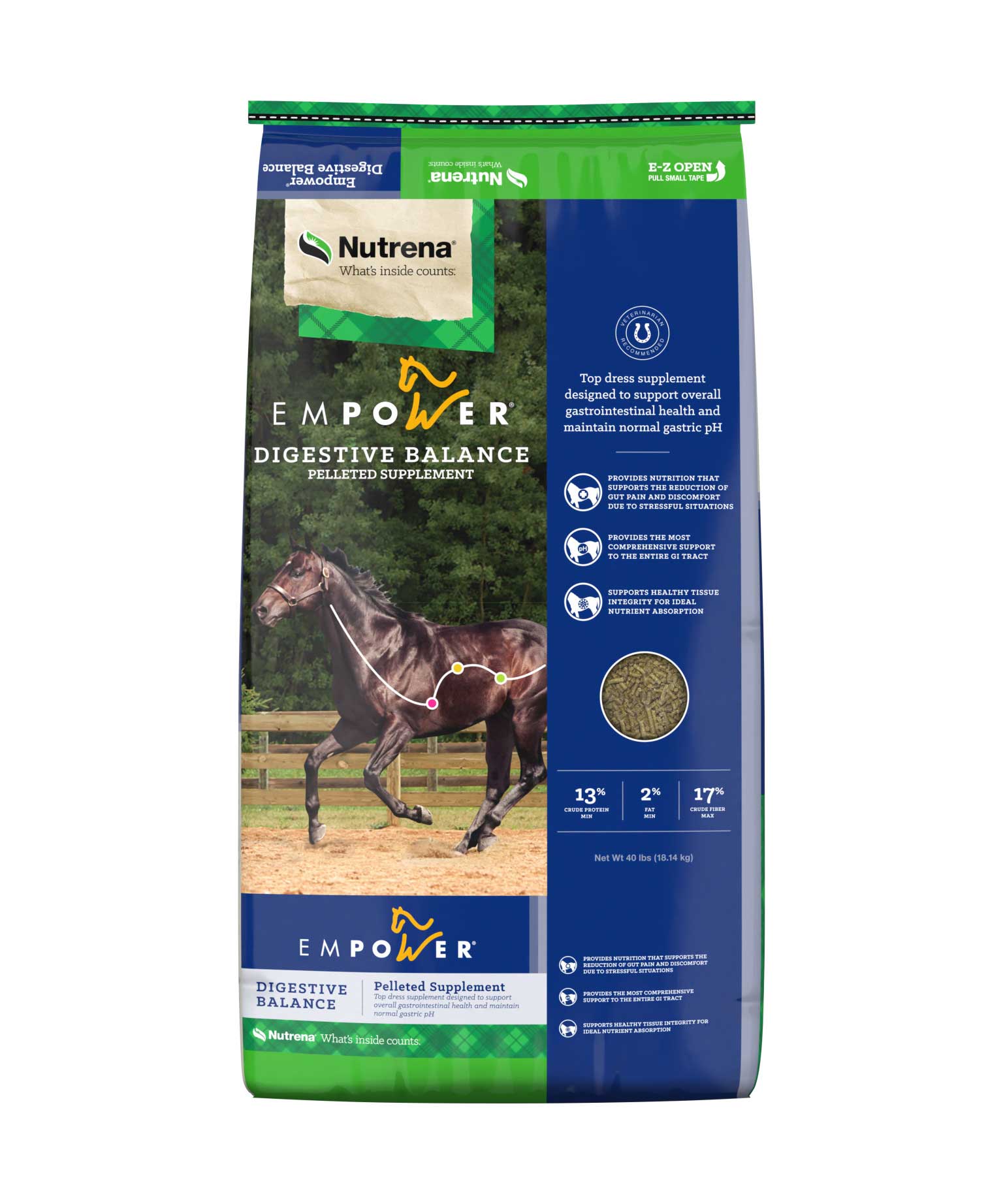Feeding Horses with Exercise Intolerance: A Detailed Guide

Exercise intolerance in horses can significantly impact their performance and overall health. Proper nutrition plays a crucial role in managing this condition and improving the horse’s quality of life. This article explores the causes, dietary strategies, and practical feeding tips for horses with exercise intolerance.
Understanding Exercise Intolerance in Horses

Exercise intolerance refers to a horse’s reduced ability to perform physical activity at expected levels. It can result from various underlying issues such as metabolic disorders, cardiovascular problems, respiratory limitations, or musculoskeletal conditions.
Common Causes

| Cause | Description |
|---|
| Metabolic Disorders | Conditions like Equine Metabolic Syndrome (EMS) or PSSM affect energy metabolism.
| Cardiovascular Issues | Heart problems that reduce oxygen delivery.
| Respiratory Problems | Conditions like recurrent airway obstruction (RAO) limit breathing efficiency.
| Musculoskeletal Issues | Injuries or diseases affecting muscles or joints.
Nutritional Management Strategies
Proper feeding can help manage symptoms and support recovery. Key nutritional considerations include:
Energy Sources
- High-Quality Forage: Base the diet on easily digestible hay or pasture to provide fiber and maintain gut health.
- Controlled Carbohydrates: Limit non-structural carbohydrates (NSCs) to prevent spikes in blood sugar and insulin.
- Fat Supplementation: Incorporate fats as an alternative energy source to reduce reliance on carbohydrates.
Protein and Amino Acids
Adequate protein supports muscle repair and maintenance. Include high-quality protein sources such as alfalfa or soybean meal.
Vitamins and Minerals
Ensure balanced intake of:
- Electrolytes: Especially sodium, potassium, and magnesium to support muscle function.
- Antioxidants: Vitamins E and C to combat oxidative stress.
Hydration
Maintain proper hydration to support metabolic processes and prevent muscle fatigue.
Practical Feeding Tips
- Feed smaller, more frequent meals to improve digestion and energy availability.
- Monitor body condition regularly to adjust feed accordingly.
- Avoid sudden diet changes to prevent digestive upset.
- Consult with a veterinarian or equine nutritionist for tailored feeding plans.
FAQ
Q1: Can exercise intolerance be cured with diet alone?
A1: Diet is a critical component but often needs to be combined with medical treatment and management of underlying conditions.
Q2: What are signs of exercise intolerance in horses?
A2: Signs include fatigue, reluctance to move, rapid breathing, and poor performance.
Q3: Are there specific supplements recommended?
A3: Supplements like omega-3 fatty acids, antioxidants, and electrolytes can be beneficial but should be used under professional guidance.
By understanding the nutritional needs and challenges of horses with exercise intolerance, owners can make informed decisions to support their animals’ health and performance effectively.
